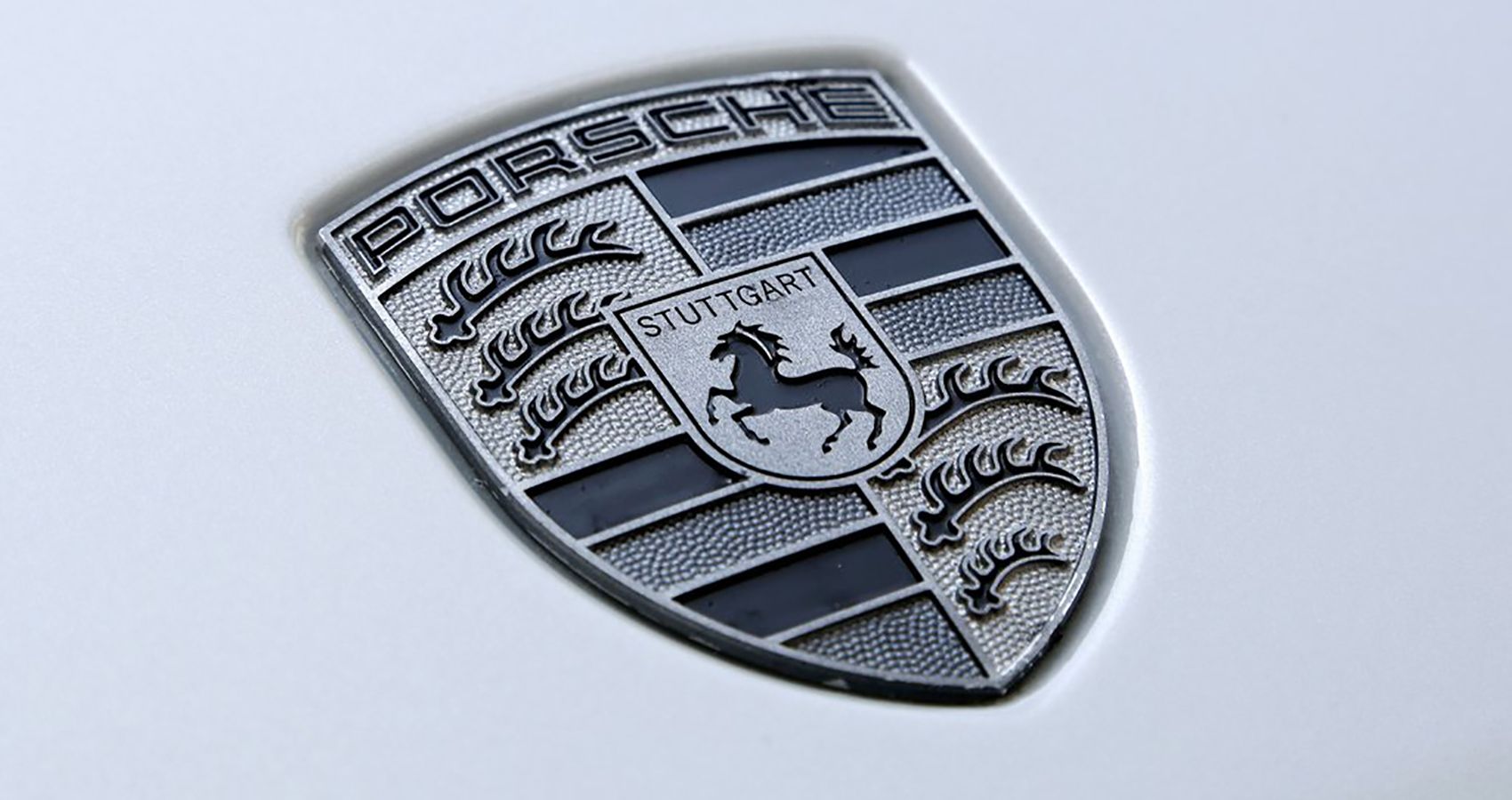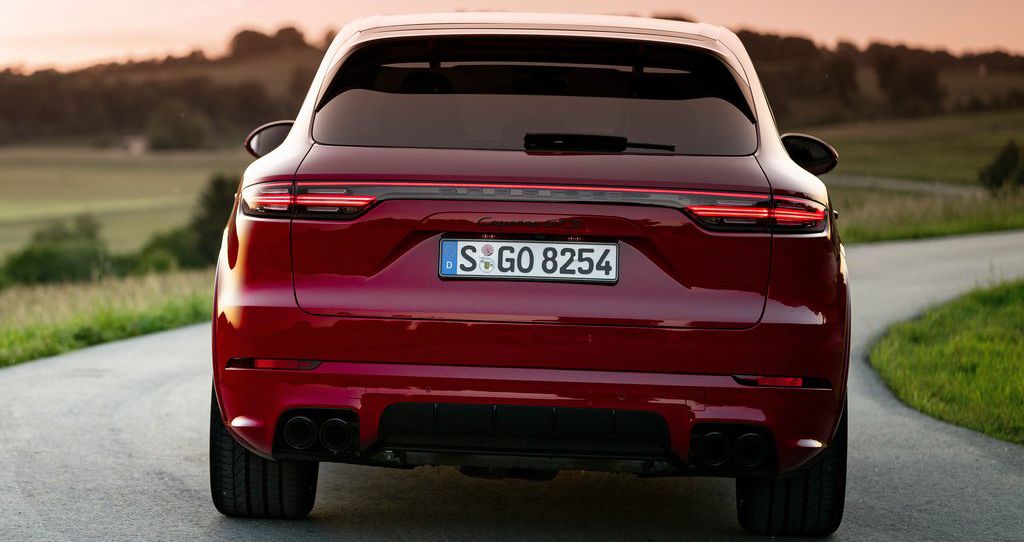As time flies, so do more and more of these battery-powered vehicles make their way to the scene in sleeker shapes, with mightier powertrains and more of what the gas-powered counterparts offer, except, of course, the use of fuel. According to the International Energy Agency, EV sales that were generated last year have remained strong this year so far. But in order to ensure future growth, greater efforts will have to be made to diversify battery manufacturing and as well as mineral supplies to reduce the risks of bottlenecks and price increments. To date, more and more brands are exploring this segment. But there’s one brand that has taken its combustion engine dedication to a whole new level: Porsche.
Despite expressing its EV plans for its future lineup, the German brand still believes in synthetic fuels. To prove this point, Porsche is working on another special project: a combustion engine running solely on hydrogen. In a republished post, the brand said they are examining the potential of hydrogen combustion engines - A solution that the renowned Japanese brand, Toyota, isn’t just exploring, but has already beat them to it with having already built rolling prototypes, one of which is a Yaris.
But at Porsche, research is still carried out on a virtual level, with tests only happening using computer simulations, which is naturally a more economical solution. The study is giving them valuable insights into the development of high-performance hydrogen engines and all the methods for hydrogen to virtual simulation technology. The most interesting part was the base engine they chose, a 4.4-liter Biturbo V8 engine. Two things stand out here: V8 and Turbocharged, which makes this even more interesting.
So far, we know that Porsche the hydrogen-powered eight-cylinder has yielded satisfying first results. Read on as we break down Porsche’s interesting hydrogen-combustion study.
Porsche's Hydrogen-Propelled V8 Makes Nearly 600 Horses
The German automaker simulated a lap on the popular German Nürburgring Nordschleife circuit with a large luxury vehicle, and it achieved a full lap in just eight minutes and 20.2 seconds. In the simulation, the designers used a vehicle weighing 2.65 tonnes (or about 5842.25 pounds), which is about the equivalent of a Cayenne, if not more.
Porsche used the 4.4-liter V8 as a starting point for the simulation and went on to modify it to withstand a higher compression ratio, combustion as well as the turbocharger. In the test, the vehicle topped out at a speed of 162 miles per hour (261 kilometers per hour), which matches the Porsche Cayenne S trim, and is just a little less than the new Cayenne Turbo GT, which is still impressive for a hydrogen engine.
The engineers have managed to obtain a power output of 590 horsepower. However, the main concern was the turbo. You see, unlike petrol or diesel, hydrogen has a much lower combustion temperature, which also reduces energy at the exhaust. This causes the turbo to run less smoothly. So, to ensure that the hydrogen engine gives off a similar output to the gas counterparts, Porsche studied electrically assisted turbochargers, which are guaranteed to give the right level of power boost.
Porsche's 590-HP Hydrogen-Powered V8 Has Lesser Emissions And Added Efficiency
On top of offering a Supercar-level power output, the hydrogen-powered engine is incredibly efficient. Thanks to its slender combustion. The motor not only has high efficiency in the WLTP measurement cycle but in the customer-relevant cycles too. So whichever Porsche prototype will have this engine under the hood, we know it will be highly economical. Though at this point, it's tough to determine the fuel efficiency numbers. However, the brand did mention that the cost of a hydrogen powertrain could be similar to a gas engine. But the turbocharging parts are the most complex to create, hence expensive.
If the turbo is more expensive in this case, hydrogen makes it possible to save money on anti-pollution systems, like a particulate filter, which could somewhat balance the costs. Also, it wouldn’t need exhaust gas after-treatment, so that’s a plus.
In addition to that fact, the hydrogen engine is said to produce fewer emissions. According to Matthias Böger, Specialist Engineer Engine Simulation at Porsche Engineering, nitrogen oxide emissions are well below the limits set by the Euro 7 standard and “are close to zero over the entire engine map”.
If it was ever actually produced, the engine would meet much stricter emission standards. But don’t expect that anytime soon as that wasn’t a focus of the study. Rather, they analyzed the technical possibility of this drive technology and focused on going beyond the horizon of existing engineering tools. So, right now, the project remains a virtual simulation.



